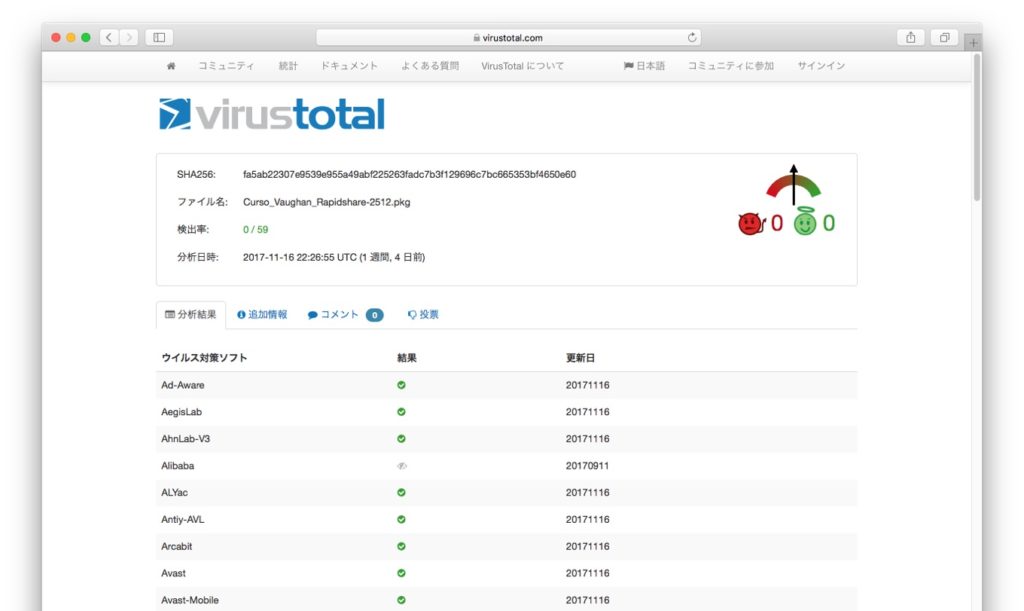

To install latest portable version of CPU-X Thus to install CPU-X on any Linux distribution it is perhaps best to use the portable version (static binary) of CPU-X. deb package for Debian for Debian, Ubuntu and ArchLinux ( pacman), there is no up to date version for Debian 10 and the package builds distributed for different Linux distros are a bit outdated. The packages for CPU-X are a bit outdated and even though there are rpm packages for Fedora, OpenSuSE and. CPU-X graphical user interface hardware report Linux GUI alternative to Windows CPU-Z in the same easy straight forward way as a standard yum or apt-get on Windows (without explicitly installing things as GnuWin and CygWin). Iex (new-object net.webclient).downloadstring('')īy the way Scoop was quite a finding for me and it is pretty handy to install plenty of useful command line Linux / UNIX tools, such as curl, wget, git etc.

Powershell Set-ExecutionPolicy RemoteSigned -scope CurrentUser

Neofetch is even installable on Windows OS that has the scoop command line installer tool installermanager with below PowerShell code in cmd.exe (Command line) :
#Osx cpuinfo mac os x
Neofetch even supports Mac OS X and Windows OS ! 🙂 Neofetch info from running current machine Neofetch info generated on my home used Lenovo Thikpad T420 The cool thing about neofetch is besides being able to identify the System server / desktop hardware parameters, it gives some basic info about number of packages installed on the system, memory free and in use, used kernel and exact type of System (be it Dell PowerEdge Model XX, IBM eSeries Model / HP Proliant Model etc. The next one worthy to install and check is neofetch (a cross-platform and easy-to-use system informationĬommand line script that collects your Linux system information and display it on the terminal next to an image, it could be your distributions logo or any ascii art of your choice.) To install and run it in Debian / Ubuntu / Mint Linux etc.: I remember cpuinfo has been there since the very beginning on almost all Linux distributions's repository, nowadays its popularity of the days when the kings on the Linux OS server scenes were Slackware, Caldera OpenLinux and Redhat 6.0 Linux and Debian 3.0 declined but still for scripting purposes it is handy small proggie. Perhaps the most basic tool to give you a brief information about your Processor type (model) number of Cores and Logical Processors is cpuinfo
#Osx cpuinfo how to
Earlier I've wrote extensive article on how to get hardware information on Linux using tools such as dmidecode, hardinfo, lshw, hwinfo, x86info and biosdecode but there are few other hardware reporting tools for Linux worthy to mention that has been there for historical reasons such as cpuinfo as we as some new shiny ones such as neofetch (a terminal / console hardware report tool as well the CPU-X and I-Nex which is Linux equivalent to the all known almost standard for Windows hardware detection CPU-Z worthy to say few words about.


 0 kommentar(er)
0 kommentar(er)
